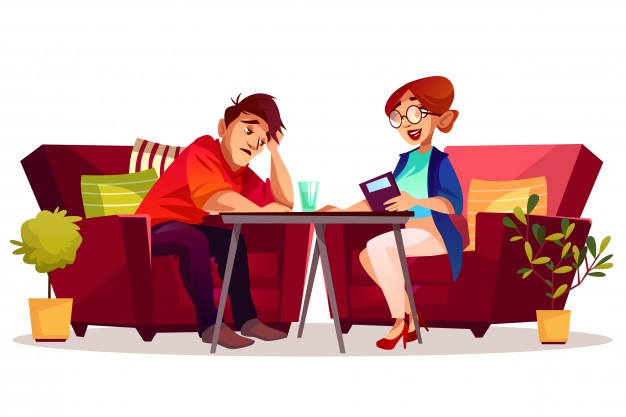Free Call.
+91-8077103996
info@chaitanyainfinite.com
Visit Us Daily 10.00 AM - 6.00 PM
Address Center
135, Ground Floor, New Haridwar Colony, Opp Matra Chaya Hospital, Haridwar
x


